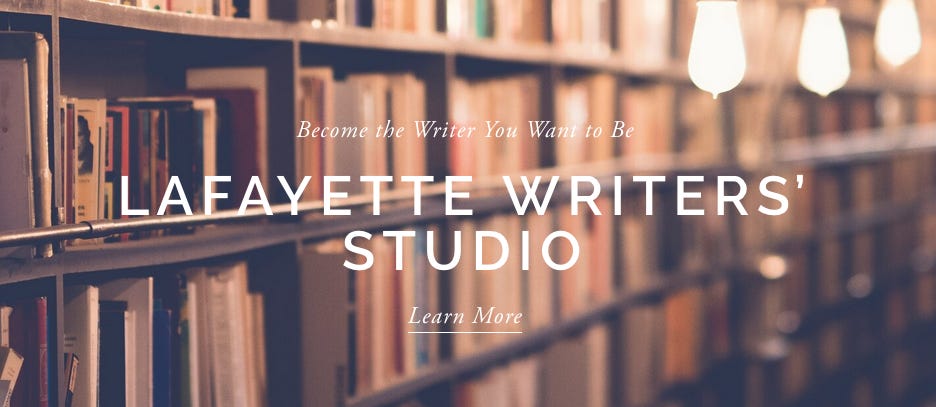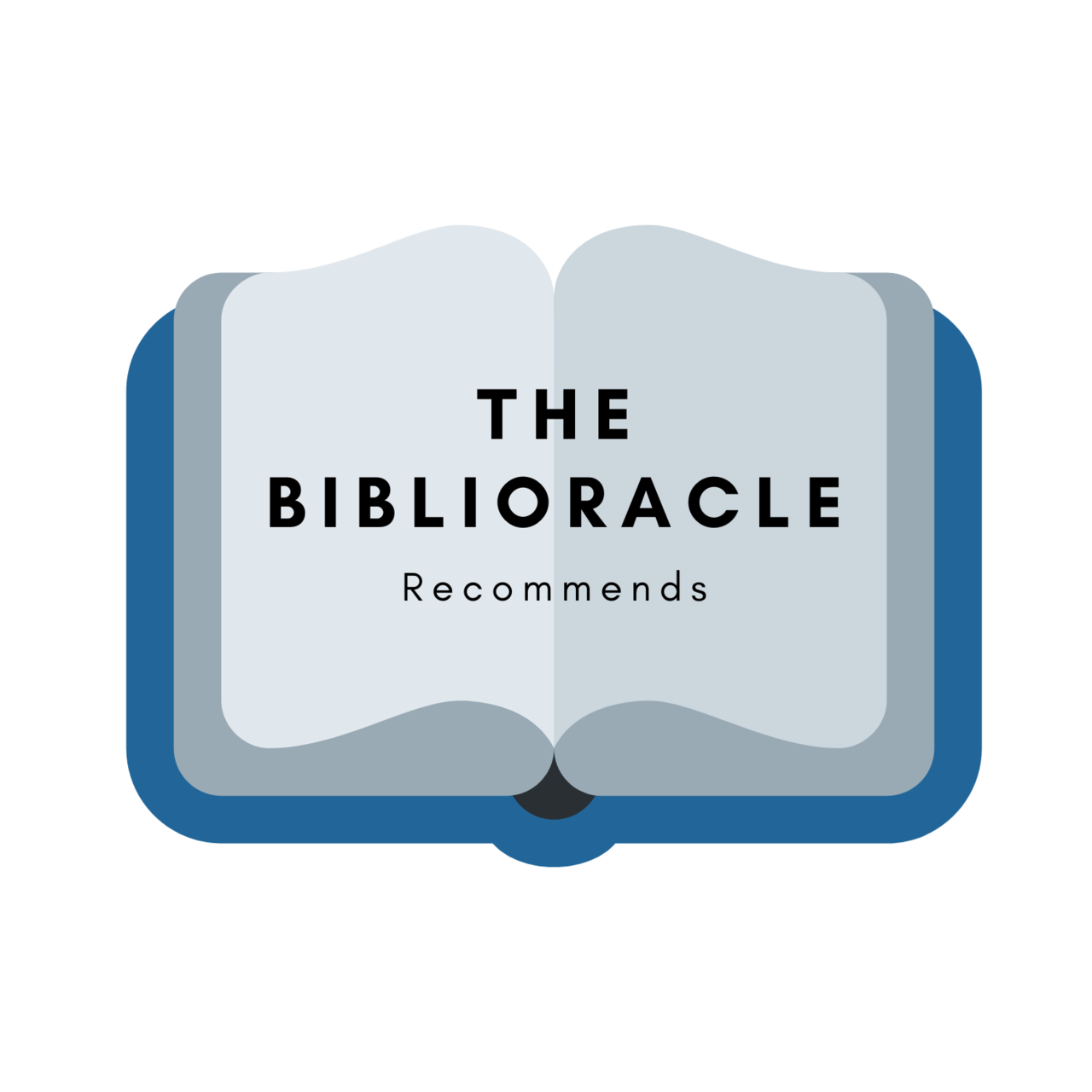Through today, Friday, June 2, if you sign up for a year’s subscription (or upgrade from a free or monthly subscription), I’ll provide notes on your agent query letter or the opening page of a short story, essay, or novel-in-progress.
Fiction writer and essayist Melissa Fraterrigo and I met through fellow writer and mutual friend Don Evans about fourteen years ago. Don lived in Oak Park, Melissa on the south side of Chicago, and I was in Evanston—a far-flung trio (if you aren’t familiar with it, the Windy City’s sprawl is formidable). We got together in Oak Park at a café near Don’s home, and I remember thinking how stylish and smart Melissa looked. I likewise marveled at how unflustered she appeared after driving through city traffic, sleuthing out a parking spot, and arriving on time (and likely before I arrived via the el), and she was pregnant with twins.
The three of us had exchanged works-in-progress, and when Melissa returned my two short stories, it was immediately apparent to me that she had put in time. To this day, I still think about her notes and try to emulate her precise and insightful critical style.
Her lucidity and generosity are likewise qualities apparent in her own writing. Her most recent book is the moving and beautifully written story collection Glory Days, which was preceded by The Longest Pregnancy, also a story collection, which includes her Zoetrope short story award-winning “The Shark Swimmers.”
She balances her prose-writing with raising twin daughters and running the Lafayette Writers Studio, a writing school based in West Lafayette, Indiana, which she founded several years ago. LWS offers writers of all ages classes in a wide range of subjects and genres.
(Incidentally, yesterday was her birthday - happy birthday, Melissa!)
**
Christine: What factors inspired you to found the Lafayette Writers Studio?
Melissa Fraterrigo: I started the Lafayette Writers’ Studio in 2014 because I missed being a part of a writing community. Despite living in a college town, I wasn’t teaching for the university, so there weren’t as many built-in opportunities to get to know other writers. I served as a reader for a literary magazine and attended campus readings, but I still missed the same buzz I experienced in workshop as a graduate student or during informal writing groups I’d been a part of over the years that met in coffee shops or in local arts centers.
My issue with the latter is that they lacked rigor—there was usually more emphasis on who was bringing what snacks. I wanted to create a place that struck a balance between the two where writers could learn about the art and craft of writing in a supportive and encouraging environment.
At the start, all classes were in-person in Lafayette, Indiana, with an emphasis on multi-session courses geared toward those who had a general interest in writing, but didn’t know where to begin. We offered introductory writing jumpstart classes, then branched out to more genre-specific offerings such as classes on writing the historical novel or the art of telling in nonfiction, how to put together a poetry chapbook, and then more selections on the business of writing, such as pitching to publish. Prior to the pandemic, we were offering more classes online and the pandemic simply served as further fuel, allowing us to offer more classes to a larger group of writers while still honoring our commitment to the organization’s values.
Another motivation has been the practice of how writers learn about creative writing. Historically this took place on college campuses and through MFA programs, but such a history provides for writing gatekeepers, and I like to say we are trying to help level the playing field and simply help everyone tell their particular story.
C: You touch on this in your previous reply, but would you say more about LWS’s structure, i.e. how do you decide which classes to offer and how to conduct them?
MF: Well, it starts with a general sense about what sort of class might appeal to our writers. Sometimes this is something I know would appeal to a particular writer, or it might be a topic that a writer has shared they’d love to learn more about. Some writers will reach out to me with an idea for a class and we take it from there. After we’ve settled on the topic and a date for the class, we have a brainstorm sheet that helps the instructor define their goals for the class as well as a few insightful questions about their writing process, favorite words, the way they approach revision or something else connected to their area of interests. These are used to craft promotional materials.
In terms of format, we’ve done it all—in person, online, and hybrid, and I’ve found that it’s difficult to be all things to all people. Earlier in the pandemic I taught a hybrid summer camp for youth writers—we had some writers in person and others who joined us via Zoom, and it was a struggle to meet the needs of both sets of students. I’ve found it’s much simpler to embrace one format—online or in person. One of the unique facets of our courses is the sense of community and collaboration that’s evident whether we meet in person or behind a screen—and I’m devoted to protecting that.
C: What are the biggest rewards and challenges of running LWS?
MF: The rewards are what keep the lights on and haven’t changed since 2014: our students. Some are trying a writing class for the first time in decades and others are published authors, but all are compelled to learn more about creative writing and to see them finding success is one of the greatest pleasures of my life. That success is as varied as our writers. We have writers who are committed to publishing a book for their loved ones taking classes alongside writers who have had their essays appear in The Best American Essays anthology. I love this cross-pollination!
Our faculty are the kindest and brightest out there, and they are similarly committed to helping students become more discerning, articulate and attuned to the art of creative writing. We’ve offered classes with nonfiction writers Ira Sukrungruang, Beth Ann Fennelly, Sue William Silverman, poets Mary Biddinger and Shari Wagner, novelists Matt Bell, Melissa Scholes Young, you, and so many more! This summer we’re welcoming Sonya Huber back to the studio to discuss voice. I’m teaching a revision class in July, and in August, Suzanne Roberts will explore how to make stories of our shame.
The downside is similar to what it is in many literary organizations right now. How do you keep those lights on? During the pandemic, many groups began to offer classes online. While the market may at one point have been saturated, everyone was stuck at home and eager to remain engaged. Now that we have some distance from that time, there are still a vast array of online course offerings out there, but there has been a less than robust interest in comparison to past years, and I know this is not just the Lafayette Writers’ Studio. It’s happening across the board. Will writers continue to take online classes? I really don’t know—but I hope they do.
C: You're a fiction and nonfiction writer with two excellent story collections out in the world, Glory Days and The Longest Pregnancy, and you've published short stories and essays in magazines including Zoetrope, Shenandoah, Notre Dame Review, and The Millions. How do you manage to balance writing, running LWS, teaching part-time at Purdue University and raising two daughters?
MF: On most days, I don’t feel like I’m juggling very well! I have my to-do list like anyone else and sometimes I’m unable to help at my daughter’s track meet or I’ve got a stack of student work to grade and on this same day a string of rejections arrives.
Sometimes this gets to me—and I let it. But then I’ll hear from a previous student that he had a piece accepted or we’ll have a phenomenal discussion in class or one of my daughters will offer something about her day and I read an amazing essay or have a good session at my desk, and I think that there isn’t anything better than this. That community? It’s right here.
C: What is one piece of advice you wish you'd had when you were first becoming serious about writing?
MF: I’ve been so fortunate to have met and worked with many talented writers along the way, each imparting their unique wisdom from Wendell Mayo’s advice that I keep a notecard jotting thoughts about every book I read to Theo Nester reminding me about the collaborative nature of books and how important it is to send out work sooner rather than later so that I might meet the editor who would help strengthen my vision.
There are countless other bits of brilliance that I practice thanks to the generosity of other writers. I think if I had one bit of advice, it would be to develop your own community of writers who can read your work, serve as a support, and a guide. This is a batty profession—and it may be growing more complicated. The ups and downs are easier to manage if you have some good folks rooting for you and your words.
C: What are you working on now (if you don't mind sharing this)?
MF: I’m currently working on a collection of personal essays, The Perils of Girlhood that began as I examined the personal and emotional toll of being female in the 80s and 90s and how such experiences continue to alter women, beginning with my suburban Midwestern family.
Once I became a mother to twin girls and my daughters began their own self-criticisms, I asked hard questions about what it means to be a girl growing up now and how I might help my daughters see themselves as more than bodies. This collection is the result of such queries. Years after the fact, it is facilitating the acceptance of my own coming-of-age.
On July 6, Melissa will be teaching an online course: “Re-seeing & Reviving : A Revision Workshop” more information and link to register here.
**
Recommendations:
1. Dana Johnson’s story collection In the Not-Quite Dark (Counterpoint)
2. Adam McOmber’s flash fiction collection Fantasy Kit (Black Lawrence Press)
3. John Warner’s Substack: The Biblioracle Recommends








Inspirational!
Great interview. Melissa Fraterrigo is a treasure.